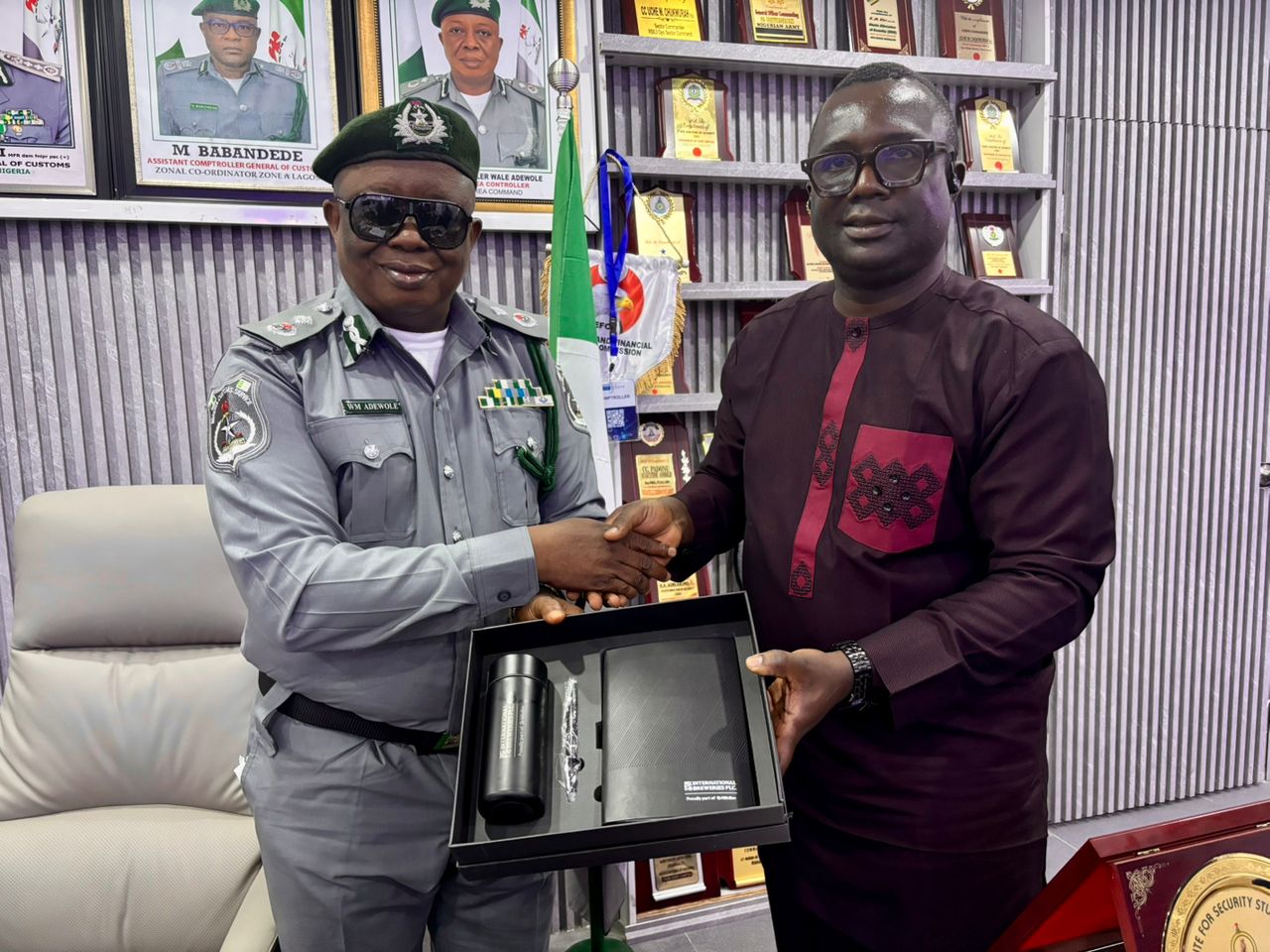The controversy surrounding the academic qualifications of President Muhammadu Buhari continued as witnesses distanced themselves from the certificates tendered in court.
The first witness and official of the West African Examination Council (WAEC), Osidehinde Adewunmi, denied knowledge of the Cambridge University Moderated International Examination certificate tendered by the Nigerian leader as one of his exhibits at the Presidential Election Petition Tribunal sitting in Abuja.
He told the Justice Mohammed Garba-led five-man panel that he only certified a document bearing the name of the University of Cambridge Moderated Examination earlier tendered as exhibit R21.
Two documents, marked exhibits 19 and 21 and admitted in evidence, were Buhari’s statement of results and the broadsheet for the statistics of the 18 candidates that sat for the examinations in 1961.
Under cross-examination by counsel to the All Progressives Congress (APC), Lateef Fagbemi (SAN), Adewunmi, who claimed to have been working with the examinations body for about three decades, stated that the test was conducted by Cambridge University in conjunction with WAEC.
He also testified that Buhari was number two on the list, registered for eight subjects and got five credits, adding that the president made an aggregate of 32 and received Grade 2.
The courses, he took according to the witness, included Oral English, C5; History, A3; Geography, C6; Hausa, C5; and Health Science, C6.
When questioned further, he stated that “whoever has the R21 exhibit has secondary education.”
Still under cross-examination by the petitioners’ lawyer, Livy Uzoukwu (SAN), Adewunmi said he was unsure if Exhibit R19 was a certificate, explaining: “My signature is not on the certificate. It is not bearing my name or the name of my organisation.”
The witness also informed the tribunal that the document bore the name of Cambridge University Assessment International Education.
When asked if the certificate was issued by WAEC, he responded in the negative. He added that the document was not a certificate.
Adewunmi was then asked to compare the number of subjects listed for Buhari in the exhibits earlier tendered.
The contradictions attracted murmurs in the court as the witness confirmed that in R21, the number of subjects entered for the president was eight while in R19, there were six subjects.
He equally confirmed that the first name on the two documents was “Mohamed” as against Buhari’s first name, Muhammadu.
Further revelation showed that WAEC Registrar, Dr. Iyi Uwadae, issued a WAEC attestation certificate to the nation’s first citizen only on November 2, 2018.
Yet, Adewunmi disagreed with Uzoukwu that issuance of attestation certificate was not limited to loss or misplacement of original documents.
Alleged lack of academic qualification to contest for the office is one of the grounds for the petition filed by the Peoples Democratic Party (PDP) and its candidate, Alhaji Atiku Abubakar.
Also testifying was Mohammed Abba, a Senior Special Assistant to the president.
Though he identified Buhari in a group photograph of the 1961 set of Katsina Provincial Secondary School, the aide however submitted that the result in possession of the president was a certificate.
He claimed that he had known the leader for over 30 years but held that the Katsina native did not serve in the Nigerian Army and was never his schoolmate.
Abba said the facts he deposed to in his witness statement on oath were obtained from Buhari’s curriculum vitae, which bore the schools he attended, but yet no certificate attached.
Additional two witnesses called by the president, Mohammed Kwatu, a retired broadcaster from Niger State and Usman Dagona, a businessman from Nasarawa State, both stated that the February 23 election was free and fair.
When shown some of the results sheets, they told the tribunal that they were not at the point where INEC officials allegedly carried out the alterations.
Buhari has so far called seven witnesses since he opened his defense on Tuesday.
 The New Experience Newspapers Online News Indepth, Analysis and More
The New Experience Newspapers Online News Indepth, Analysis and More
